How Much Are Metal Detectors?
When it comes to purchasing a metal detector, the price can vary significantly based on several factors such as the type, brand, features, and intended use. Understanding these factors can help you make an informed decision and find a metal detector that fits your needs and budget. In this article, we will explore the different types of metal detectors, their price ranges, and what you should consider before making a purchase.
Types of Metal Detectors
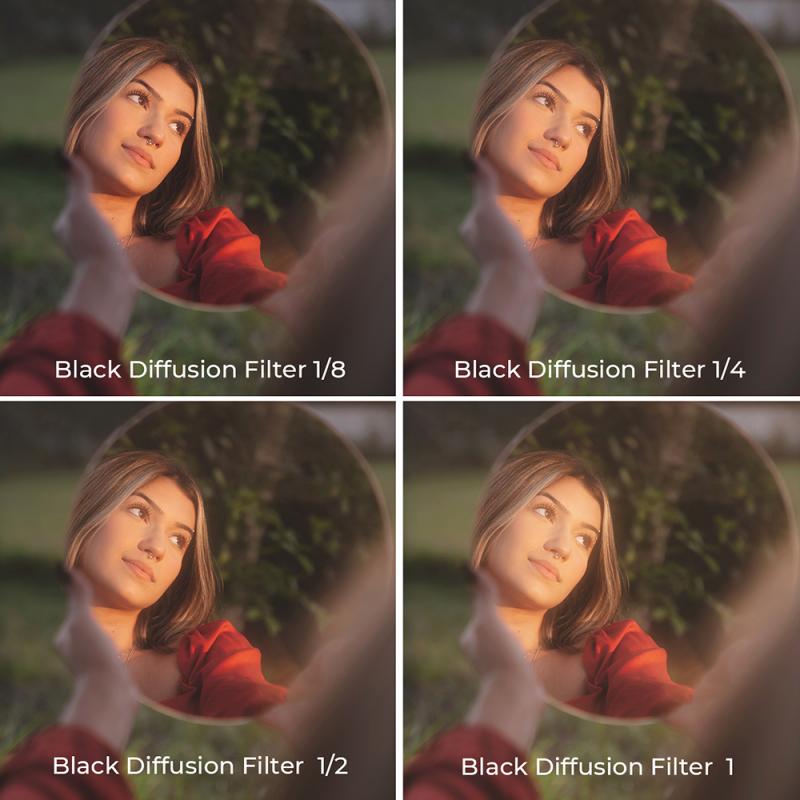
1. Entry-Level Metal Detectors
Entry-level metal detectors are designed for beginners and hobbyists. They are generally easy to use and come with basic features. These detectors are suitable for casual treasure hunting, such as finding coins, jewelry, and small relics in parks or beaches.
2. Mid-Range Metal Detectors
Mid-range metal detectors offer more advanced features and better performance compared to entry-level models. They are suitable for more serious hobbyists who want to explore a wider range of environments, including fields, forests, and shallow waters.
3. High-End Metal Detectors
High-end metal detectors are designed for professional use and come with advanced features such as multiple frequency options, enhanced discrimination capabilities, and greater depth detection. These detectors are suitable for serious treasure hunters and professionals who need reliable and precise equipment.
4. Specialized Metal Detectors
Specialized metal detectors are designed for specific purposes, such as gold prospecting, underwater detection, or industrial use. These detectors come with specialized features tailored to their intended applications.
Price Ranges
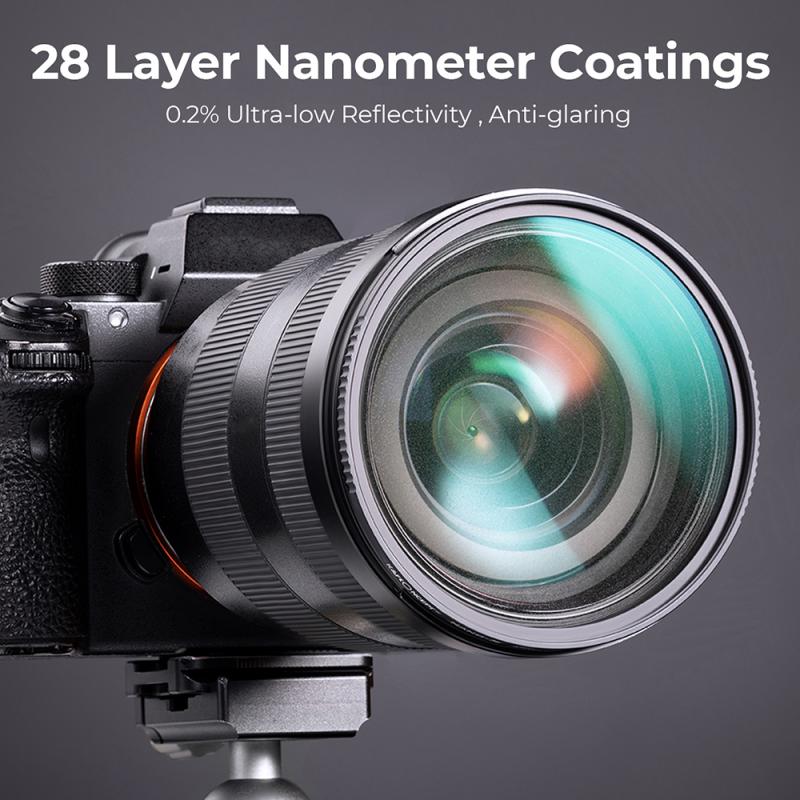
1. Entry-Level Metal Detectors ($100 - $300)
Entry-level metal detectors are the most affordable option, with prices typically ranging from $100 to $300. These detectors are perfect for beginners who want to try out metal detecting without making a significant investment. Some popular models in this category include the Bounty Hunter Tracker IV, Garrett ACE 200, and Fisher F22.
2. Mid-Range Metal Detectors ($300 - $700)
Mid-range metal detectors offer a good balance between price and performance, with prices ranging from $300 to $700. These detectors come with more advanced features such as better target identification, improved depth detection, and enhanced discrimination capabilities. Popular models in this category include the Garrett ACE 400, Minelab Vanquish 540, and Nokta Makro Simplex+.
3. High-End Metal Detectors ($700 - $1,500)
High-end metal detectors are designed for serious hobbyists and professionals, with prices ranging from $700 to $1,500. These detectors offer advanced features such as multiple frequency options, wireless connectivity, and superior depth detection. Some popular models in this category include the Minelab Equinox 800, XP Deus, and Garrett AT Max.
4. Specialized Metal Detectors ($1,500 and up)
Specialized metal detectors can be quite expensive, with prices starting at $1,500 and going up to several thousand dollars. These detectors are designed for specific applications and come with specialized features. For example, gold prospecting detectors like the Minelab GPZ 7000 can cost over $7,000, while underwater detectors like the Fisher CZ-21 can cost around $1,500.
Factors to Consider
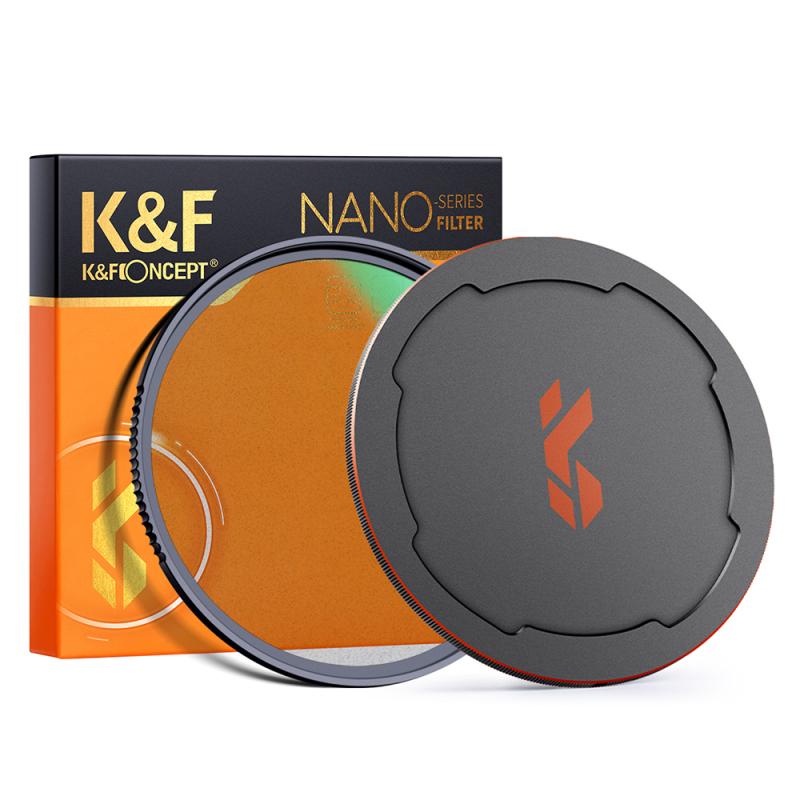
1. Intended Use
Before purchasing a metal detector, consider what you intend to use it for. If you are a beginner or casual hobbyist, an entry-level detector may be sufficient. However, if you plan to explore more challenging environments or need a detector for professional use, you may want to invest in a mid-range or high-end model.
2. Features
Different metal detectors come with various features, such as target identification, discrimination, depth detection, and frequency options. Consider which features are important to you and choose a detector that meets your needs.
3. Brand and Warranty
The brand and warranty of a metal detector can also impact its price. Established brands like Garrett, Minelab, and Fisher are known for their quality and reliability. Additionally, a good warranty can provide peace of mind and protect your investment.
4. Accessories
Some metal detectors come with additional accessories such as headphones, carrying cases, and digging tools. These accessories can add value to your purchase and enhance your metal detecting experience.
Practical Tips for Buying a Metal Detector
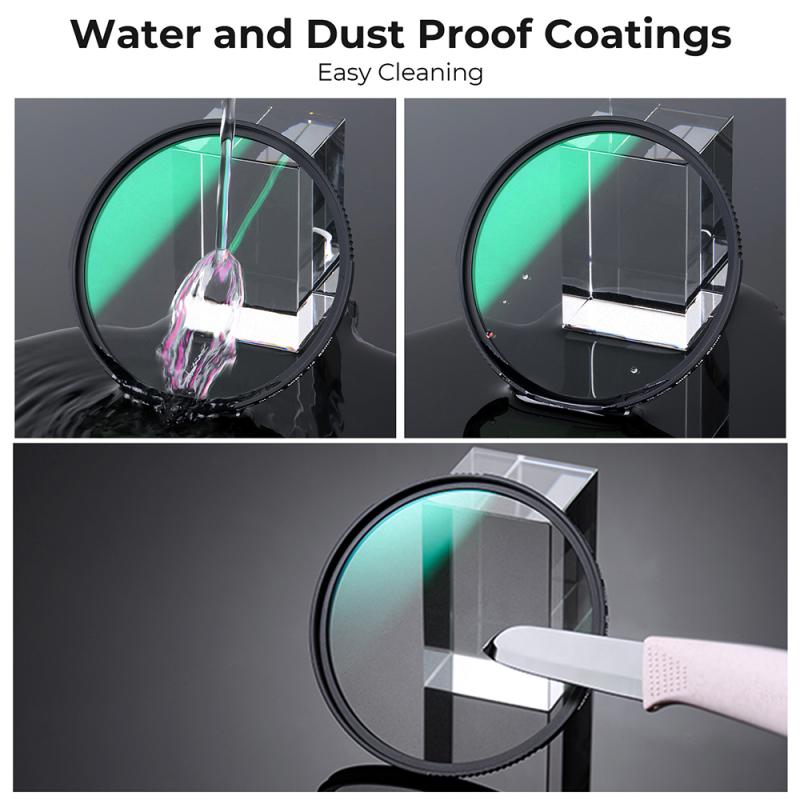
1. Research and Reviews
Before making a purchase, do thorough research and read reviews from other users. This can help you get a better understanding of the performance and reliability of different models.
2. Try Before You Buy
If possible, try out different metal detectors before making a decision. Some retailers offer demo units or have knowledgeable staff who can help you find the right detector for your needs.
3. Set a Budget
Determine your budget before shopping for a metal detector. This can help you narrow down your options and avoid overspending.
4. Consider Used Detectors
If you are on a tight budget, consider purchasing a used metal detector. Many hobbyists upgrade their equipment and sell their old detectors in good condition. Just make sure to buy from a reputable seller and check the condition of the detector before purchasing.
5. Join a Metal Detecting Club
Joining a metal detecting club can provide valuable insights and recommendations from experienced hobbyists. Club members can also offer advice on the best places to hunt and share tips on using your detector effectively.
The price of a metal detector can vary widely based on its type, features, and intended use. Entry-level detectors are affordable and suitable for beginners, while mid-range and high-end models offer more advanced features for serious hobbyists and professionals. Specialized detectors are designed for specific applications and can be quite expensive. By considering your intended use, desired features, and budget, you can find a metal detector that meets your needs and provides an enjoyable and rewarding treasure hunting experience. Remember to do thorough research, read reviews, and consider trying out different models before making a purchase. Happy hunting!

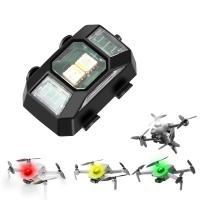
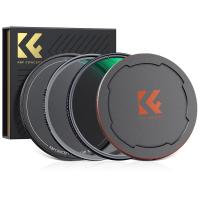
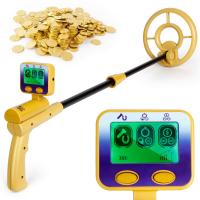
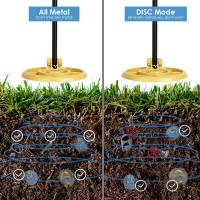

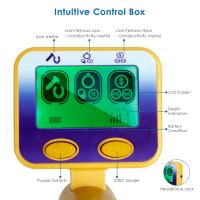


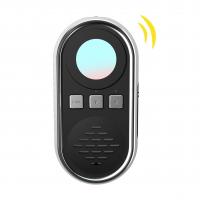
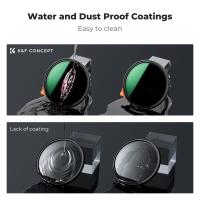
There are no comments for this blog.